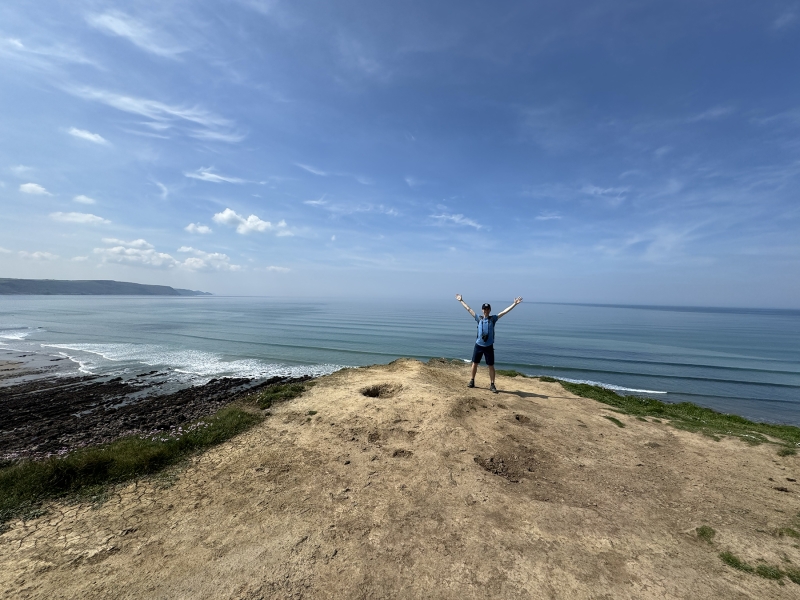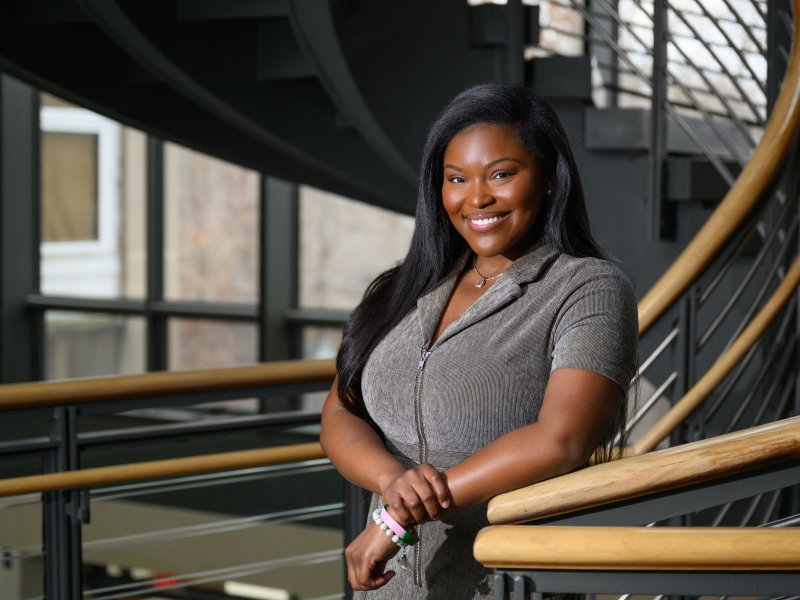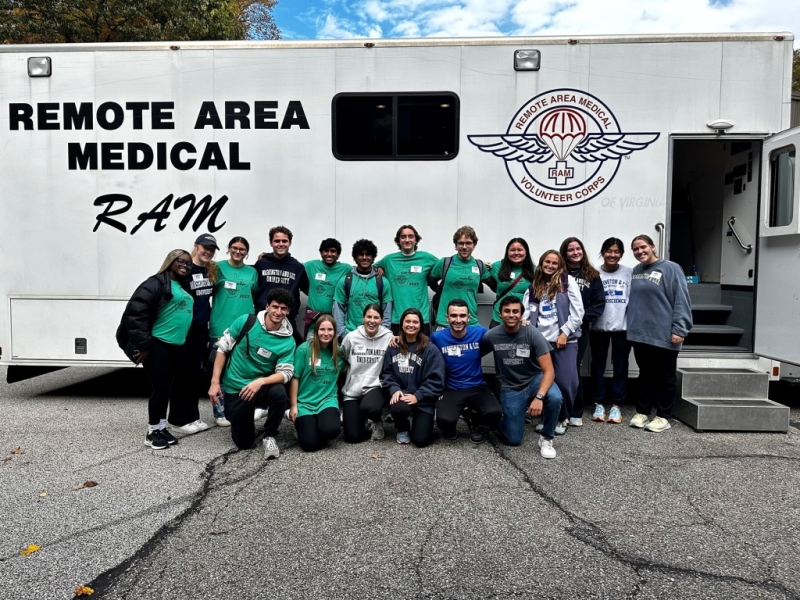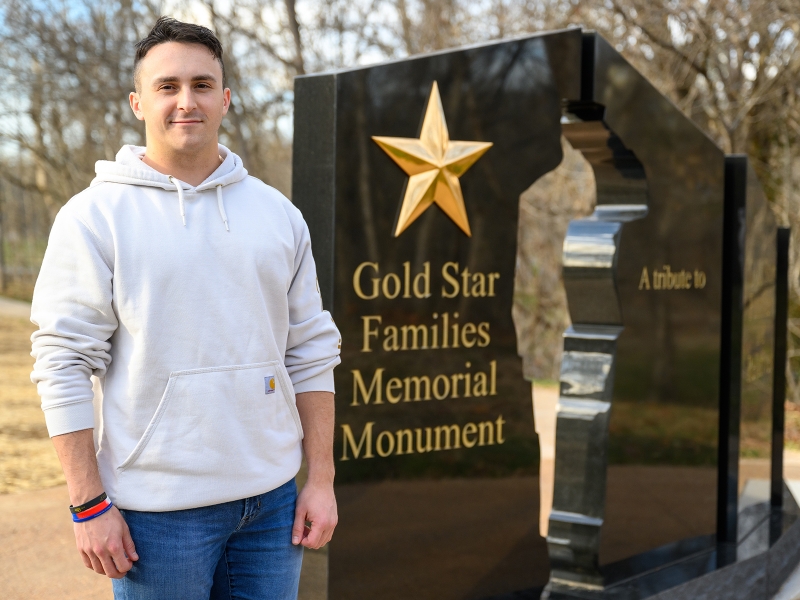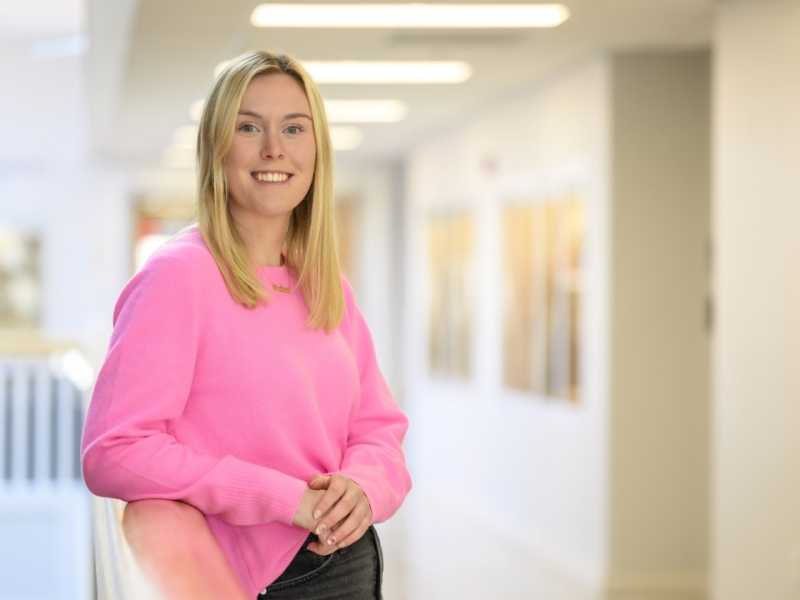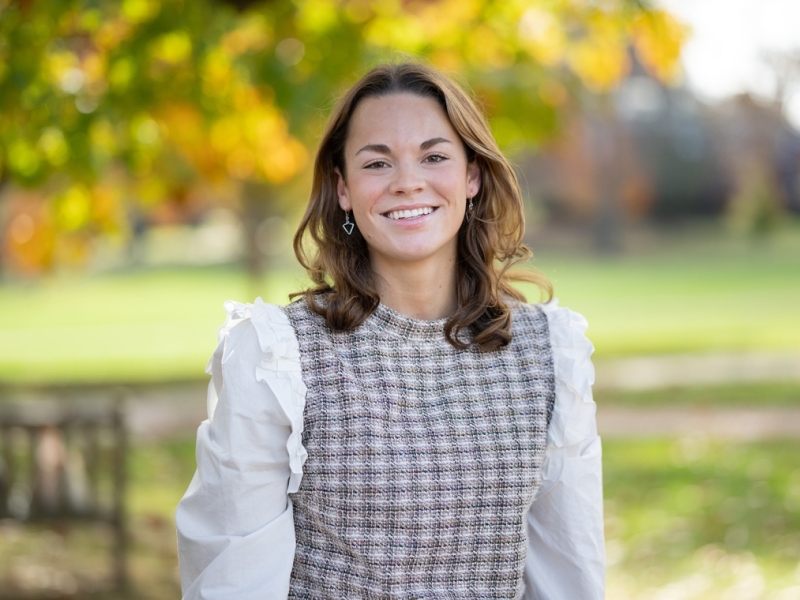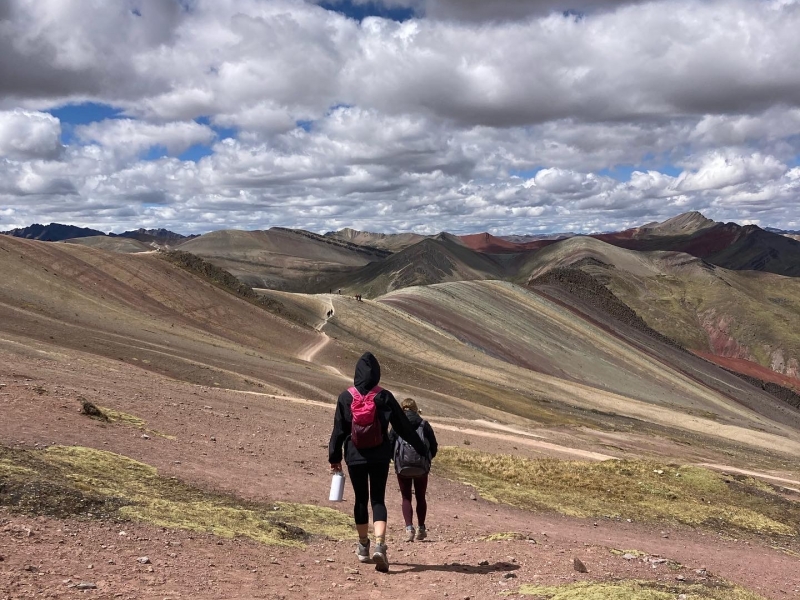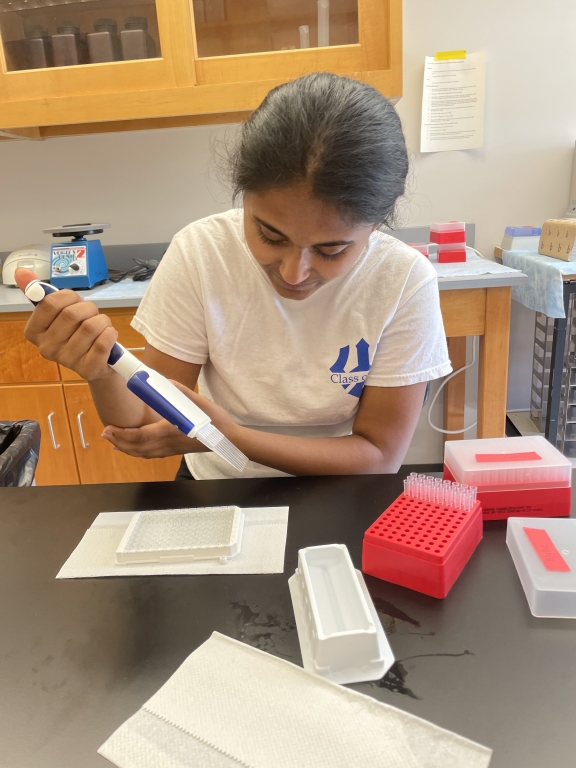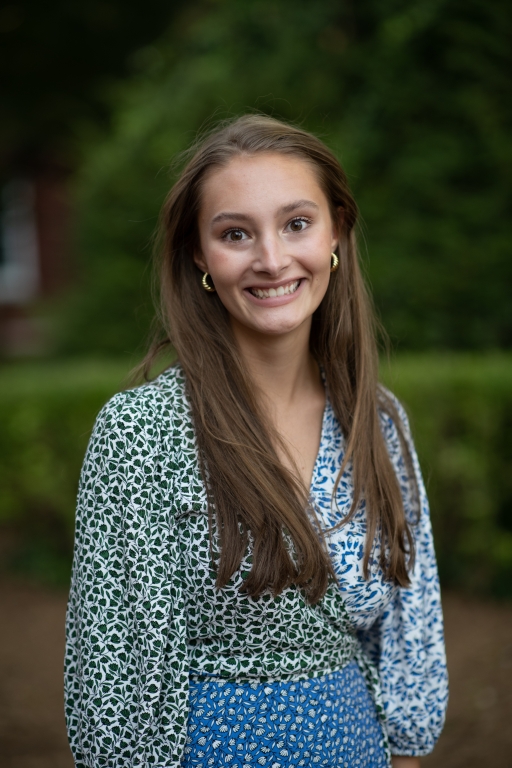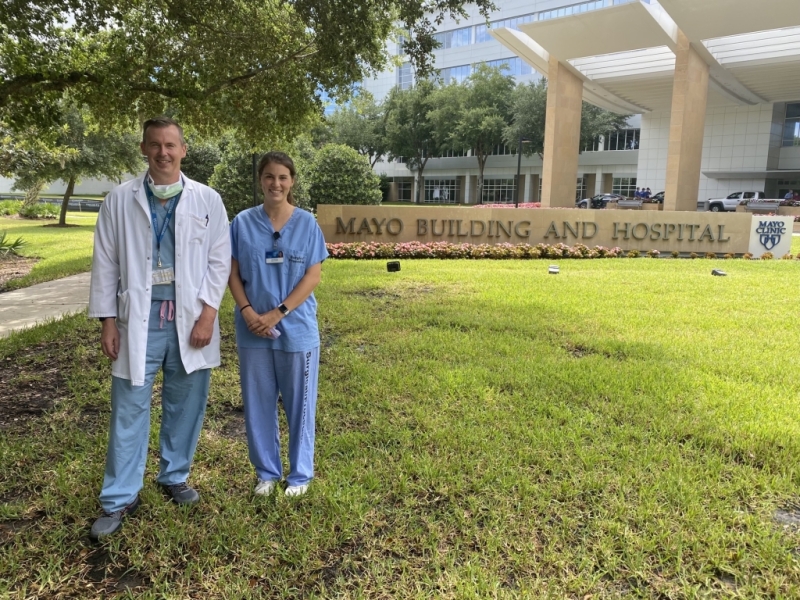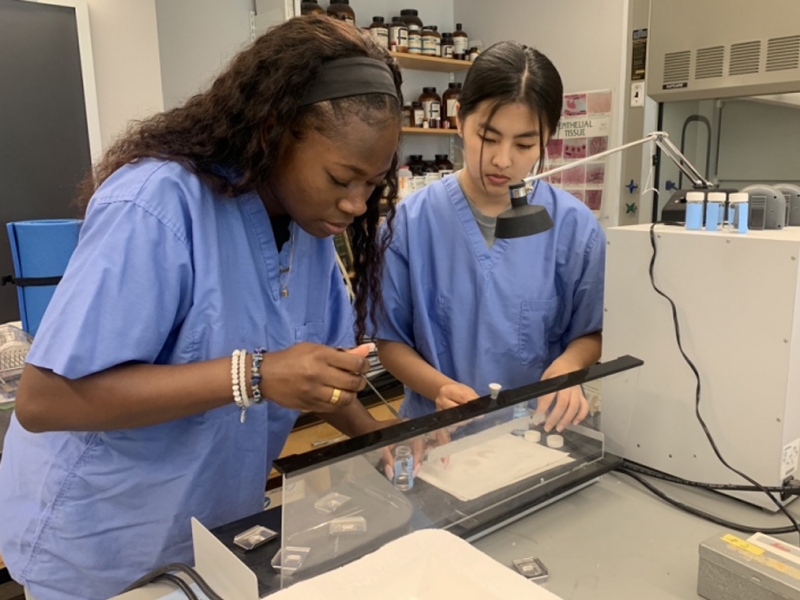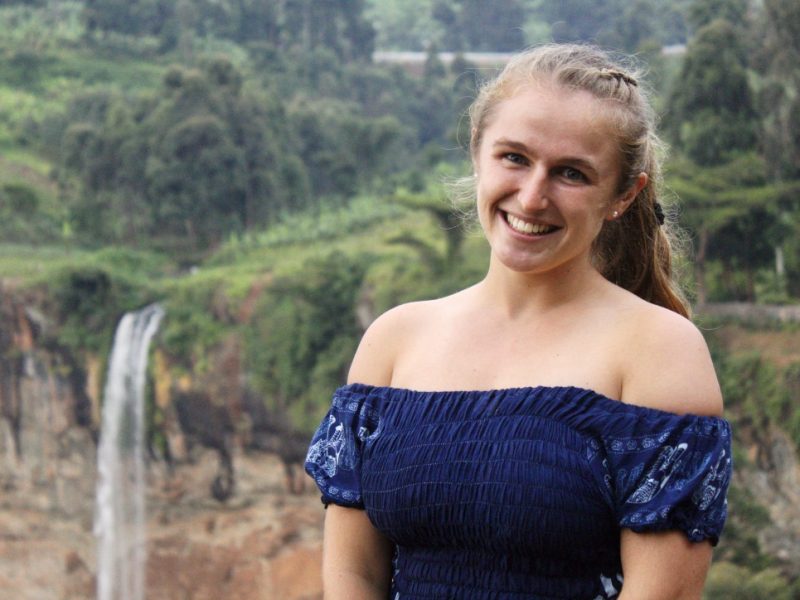Health Professions (Pre-Med)
- Department
- Academic Division The College
- Offerings Coursework


Combining a liberal arts education with a health professions track enables students to both prepare for careers in health, while still receiving a well-rounded, in-depth, and expansive education in several disciplines.
Health Professions
W&L supports the undergraduate education of students who wish to enter medical, dental and veterinary schools, as well as other health professions. W&L has an excellent record of placing these students into professional schools, in fact, over the past ten years, over 91% of students who applied to medical schools from W&L secured placement. In addition, education at a liberal arts university along pre-health preparation allows candidates a wide range of post-graduate options.
The Health Professions Advisory Committee provides advice to guide students to be prepared to take the Medical College Admissions Test (MCAT), Dental Admission Testing Program (DAT) and the GRE. Competition for acceptance to health professional graduate schools is fierce, so individualized planning, attention and preparation is at the core of this program. Planning can begin in a student's first year with the advice of a faculty member experienced in advising health career students. Follow up counseling includes appropriate choice of major, scheduling of courses required for admission and available summer opportunities.
“Coming into college I knew I wanted to be pre-med.... The neuroscience major allowed me the freedom to choose the area that most interested me and take courses that aligned with those interests.”
Laney Smith
Neuroscience Major


